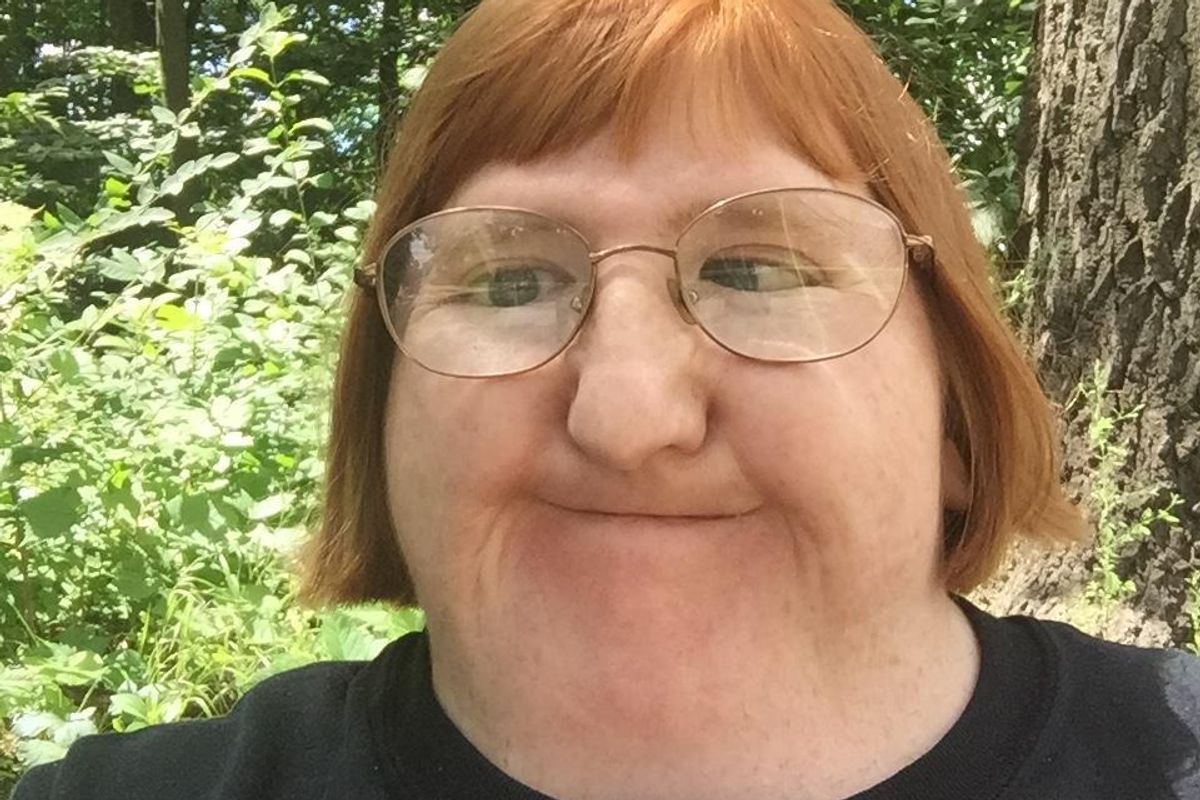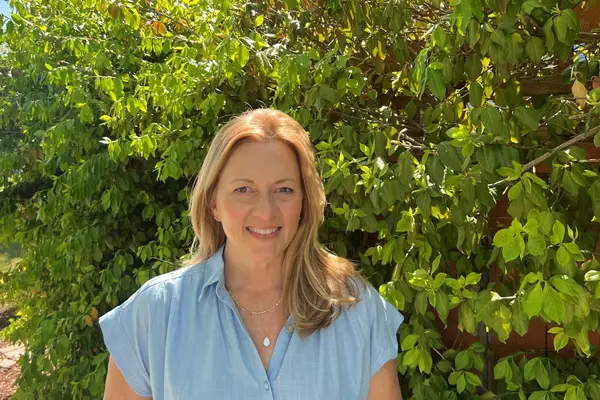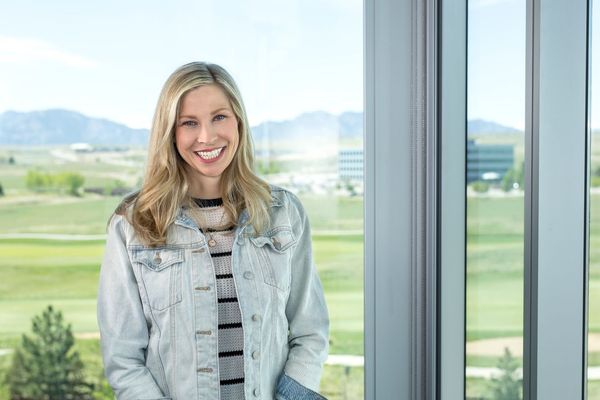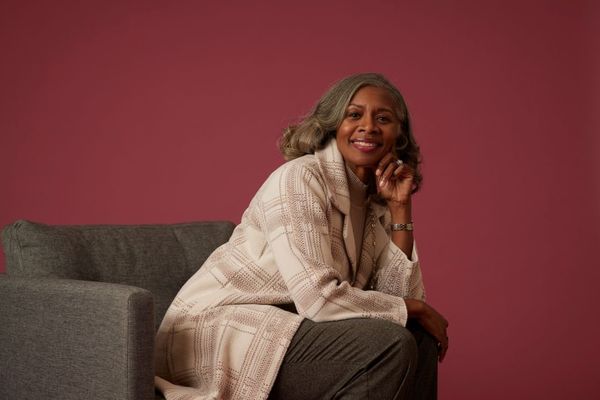It never fails: Every time I mention how I'm proud to be disabled, people react with a mix of awe and utter shock.
"How can you ever be proud to be disabled? No one would ever actually want to be disabled, would they?"
I keep encountering these words and reactions — over and over and … over. It's as if they can't imagine a more worthless, less-fulfilling life to live.
Sadly, this is a notion that is regularly reinforced by society and how it views disabled people. I was born with Freeman-Sheldon syndrome, a rare genetic bone and muscular disorder, so I've heard it all my life: Disabilities are bad, something to be feared, and disabled people are "less than."
When I was young, I found myself internalizing a lot of these messages, especially as a teenager. I felt unworthy and constantly compared myself to my non-disabled peers. But as I've gotten older, I've grown more self-confident in my disabled body. And that new sense of confidence — and, yes, pride! — have helped me become an activist, pushing back against ableism and all those harmful, outdated narratives about what it's like to live with a disability.
There are so many things I'd like society to know about people with disabilities. There are so many stereotypes, even in 2021, and these misconceptions are incredibly harmful. Here are four truths I wish everyone knew about the disability community.
We're not here to be your inspiration. You may have heard of the term "inspiration porn." It was coined by the late Stella Young, a comedian, journalist and disability rights activist who finally put a name to these condescending, objectifying depictions of disabilities. The term describes the portrayal of disabled people as inspirational solely because of their disability. It's those "feel-good" stories you see about disabled people that primarily exist to make non-disabled people say, "Aww." But these stories make disabled people say, "Eww."
These stories are dehumanizing and demeaning. My disabled life doesn't exist to be your inspiration. Disabled people are just trying to live our lives in an ableist society that wasn't built for us. People who are "so impressed" as I go about my daily life? I promise that I've done far more interesting things than go to the store. I hate to break it to you, but I'm not trying to make a statement every time I go to Target. Most of the time, I'm just going to feed my magazine addiction.
So, please, think twice the next time you want to share that article about a high schooler with Down syndrome going to the prom.
Go ahead … say disabled. I've never understood why people are so afraid to say the word disabled. You'd think it was actually a bad word with how cringeworthy they make it out to be. People often perform feats of word gymnastics trying to come up with a euphemism, as if they're doing us a service by using those code words. In reality, it's insulting and patronizing. Disabled is not a bad word. Please, whatever you do, don't say "differently abled." Don't say "special needs." It's DISABLED.
In fact, the disability community has been very clear about how harmful and condescending euphemisms are … LISTEN TO US.
Representation matters. Everyone wants to see themselves in their favorite books or TV shows. It gives us a sense of belonging and makes us feel as though we matter. Disabled people are no exception to this. And yet, we're rarely represented in the media. And when we are? Well, see my discussion above about inspiration porn. Now more than ever, we need authentic storytelling when it comes to disabilities. That means that disabled stories should be written by disabled writers, and disabled characters should be played by disabled actors. It's that simple.
Disabled people deserve to be treated with dignity. Honestly, I can't believe I have to remind people of this in 2021, but apparently I do. Disabled people are just that — people. We deserve the same love, respect and rights as non-disabled people.
Being disabled is part of my identity and always will be. Speaking up about ableism is one of the greatest joys of my life; my hope for a brighter, less ableist future is the reason I continue to be so visible and vocal, especially on social media — to educate, to stomp out ableism and, yes, to clap back at ignorant internet trolls. Maybe someday, we'll live in a world where I'm not seen as "other" and "less than."
Until then, please take your cue from the disability community. After all, disabled people are the best advocates and the ones who are the experts. An honest and open conversation when it comes to disabilities is never wasted and, quite frankly, you should never be afraid to ask questions about disabilities.
As you can see, disabled people like me are more than happy to clear up any confusion.
Resources:
ADA National Network
National Center on Disability and Journalism, Disability Language Style Guide





